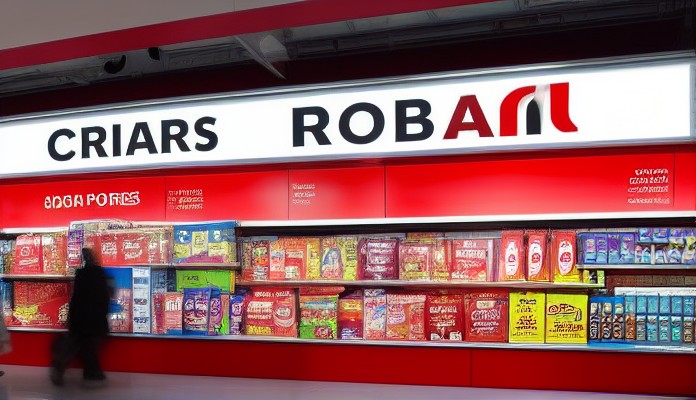Labour's new shop bonus aimed at tackling American candy stores on UK high streets.
Politics
 Labour offers £10 million to fight American candy shop closure.
Labour offers £10 million to fight American candy shop closure.
Labour's new shop bonus aimed to tackle American candy stores on UK high streets
The British government's Labour Party has proposed a plan to offer a financial incentive to businesses selling 'off-the-shelf' US candy products on UK high streets. The scheme, dubbed the "Shop Bonus", would provide up to £10 million to small businesses purchasing US products that do not meet certain safety standards.
The proposal is in response to growing concerns about the presence of unsafe food products from the United States in UK supermarkets. In recent years, several fatalities have been attributed to listeria contamination found in US candy products imported into the country.
Under the Shop Bonus, businesses would be required to obtain a health and safety certificate before they can sell their US candy products in the UK. The certificate would verify that the product meets safety standards set by the country's Food Standards Agency.
The funding for the Shop Bonus would come from a combination of corporation tax and general tax, meaning that small businesses would be able to claim back some of the costs associated with implementing the scheme.
Labour leader Keir Starmer said that the move was an important step in addressing the issue of unsafe food imports from the US. He argued that it was unacceptable for UK consumers to be exposed to harmful products, and that the government needed to take action to protect them.
The Liberal Democrats have also expressed support for the Shop Bonus, arguing that it is a step forward in the fight against the scourge of unsafe food imports. However, the party has called for more investigation into the origins of listeriosis cases in order to ensure that the programme is effective in tackling the problem.
While the Shop Bonus is seen as a positive development in the fight against unsafe food imports, critics have raised concerns over the funding model and the potential impact on British manufacturers. Some have argued that the incentive could dissuade businesses from selling locally-made candies, leading to job losses and economic instability.
In conclusion, the Labour Party's proposal to offer financial incentives to small businesses selling US candy products on the UK high streets is a welcome move in the fight against unsafe food imports. It shows a willingness to take action to protect consumers and address the issue of US candy products entering the country without proper safety standards. While there may be some concerns about the funding model and potential negative impact on British manufacturers, the initiative is an important step towards ensuring that consumers are protected from the hazards of unsafe food imports.






